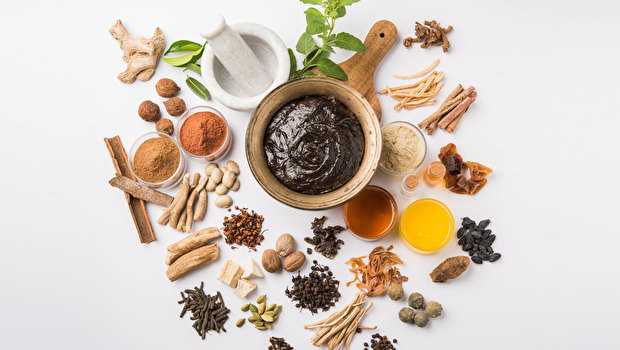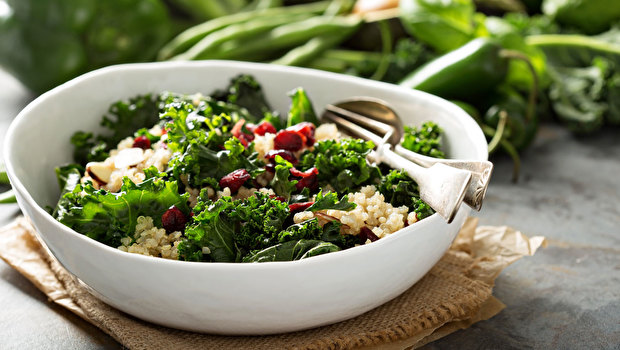The properties of bananas, like other foods, are completely determined by their chemical composition. It is hearty, tasty and instantly gives a charge of vivacity.
When we eat bananas, we get vitamins C and E, as well as vitamin B6, which is responsible for maintaining blood glucose levels and helping to calm the nervous system. And thanks to the iron contained in bananas, you can raise the level of hemoglobin in the blood.
The composition of one medium-sized banana (about 100 g) is as follows:
- Calories: 89
- Water: 75%
- Protein: 1.1 g
- Carbs: 22.8 g
- Sugar: 12.2 g
- Fiber: 2.6 g
- Fat: 0.3 grams
If you're still looking for reasons why you should include bananas in your diet, check out the list of benefits below.
Useful properties of bananas:
According to nutritionists, the chemical composition of bananas is so harmonious and balanced that it is difficult to repeat both in nature and in artificial conditions. Regular, but at the same time, moderate consumption of bananas in food will benefit your health, and here's why:
- due to the content of potassium and magnesium, a banana positively affects the state of the cardiovascular system, nourishes and saturates brain cells with oxygen, normalizes the water-salt balance;
- due to the same potassium and magnesium, actively consuming bananas, it is possible to quit smoking sooner; through these trace elements, the body more easily overcomes the so-called "dependence barrier";
- due to the high content of B vitamins and tryptophans, bananas help to overcome nervous tension, relieve stress, and suppress an outburst of anger;
- 1-2 bananas a day will provide a great mood, since the same tryptophans from bananas in the human body turn into the hormone of joy serotonin;
- due to the high content of iron, banana is useful for the formation of hemoglobin in the blood;
- fiber in bananas helps to eliminate disturbances in the functioning of the gastrointestinal tract; bananas are recommended in the recovery period for lesions of the mucous membrane of the oral cavity and digestive tract;
- the content of natural sugars in a banana makes this fruit a source of fast energy, which means that a portion of bananas is indicated for increased fatigue and high physical and intellectual stress;
- banana helps in the treatment of cough;
- bananas are good for the health and beauty of the skin, often their pulp is used as the basis for nourishing masks; banana pulp on inflamed skin or insect bites can relieve skin itching and irritation.

The harm of bananas: who should not eat them
Bananas, unfortunately, are not among the fruits that are completely devoid of contraindications. Potential harms from banana abuse include:
- banana removes fluid from the body, promotes blood clotting;
- an increase in blood viscosity with a subsequent decrease in blood flow to individual organs or parts of the body;
- the above fact is unfavorable for persons with varicose veins and for men with erection problems;
- for similar reasons, eating bananas is undesirable for patients with thrombophlebitis, coronary heart disease, and everyone else who has increased blood clotting;
- for some people, bananas can cause bloating, and therefore their use is not recommended for people with irritable bowel syndrome;
- bananas are not recommended for people with increased body weight, because they are high in calories; this fruit should not so much be excluded from the diet as it should be consumed to a minimum or in accordance with the diet developed by the physician;
- artificial ripening of bananas helps to convert a certain part of complex carbohydrates (starch and fiber) into carbohydrates with a high glycemic index, which means that such a banana turns from useful for diabetics into harmful.
Bananas grown in artificial industrial conditions may contain carcinogens thiabendazole and chloramisole. These are pesticides used to control pests. In accordance with sanitary standards for pesticides, products are checked before they hit the shelves.








